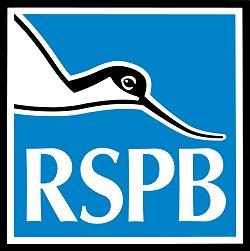UK
The Royal Society for the Protection of Birds (RSPB) was established in 1904 by Royal Charter in the UK, having previously been called the Society for the Protection of Birds. Today, the RSPB is the largest nature conservation charity in Britain.
The RSPB’s scope of operation is global and its mission is three-fold: save threatened wild birds and other wildlife; protect, restore and create wild places; inspire people to take action for nature.
The RSPB reportedly employs 34 full-time staff in public relations functions and 685 members of staff – out of a total of circa 1,300 – as fundraisers. The former English cricketer Ian Botham, now figurehead of the charity You Forgot the Birds, criticized the RSPB in 2018 for ‘spending £57m of its £134m budget in 2017 on fundraising, education and inspiring support’. That compared with £36m it spent on its bird reserves.
The RSPB defended itself by saying ‘communication staff organise events, write and produce materials for use on its reserves and help to inspire and educate its supporters in how they can help nature themselves’. Only six full-time staff, RSPB said, ‘work with the media on a national level’.
Most of the RSPB’s international work is carried out through BirdLife International, which is the Red List Authority for birds for the IUCN Red List.
Leaders
Beccy Speight, CEO.
Governance
Council and Management Board chaired by Kevin Cox.
Finances
RSPB’s finances are transparent. According to its Treasurer, at the end of the financial year 2018 – 19, its net income was £112.4 million (after deducting fund raising costs) and its expenditure was £99.6 million, together with a further £7.1 million of capital expenditure.



